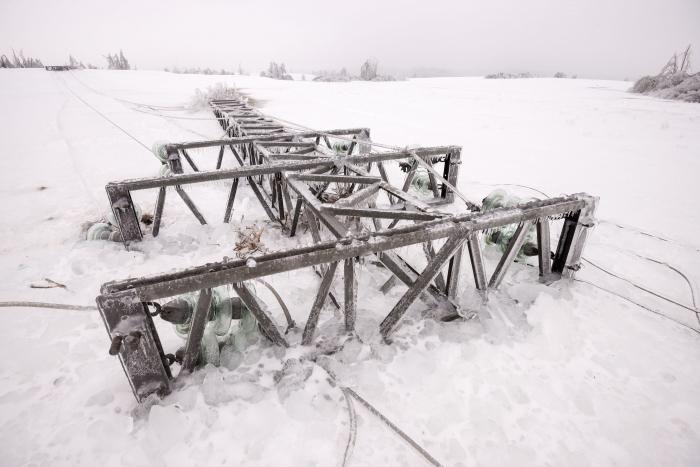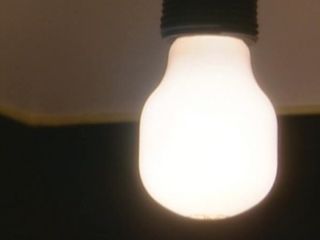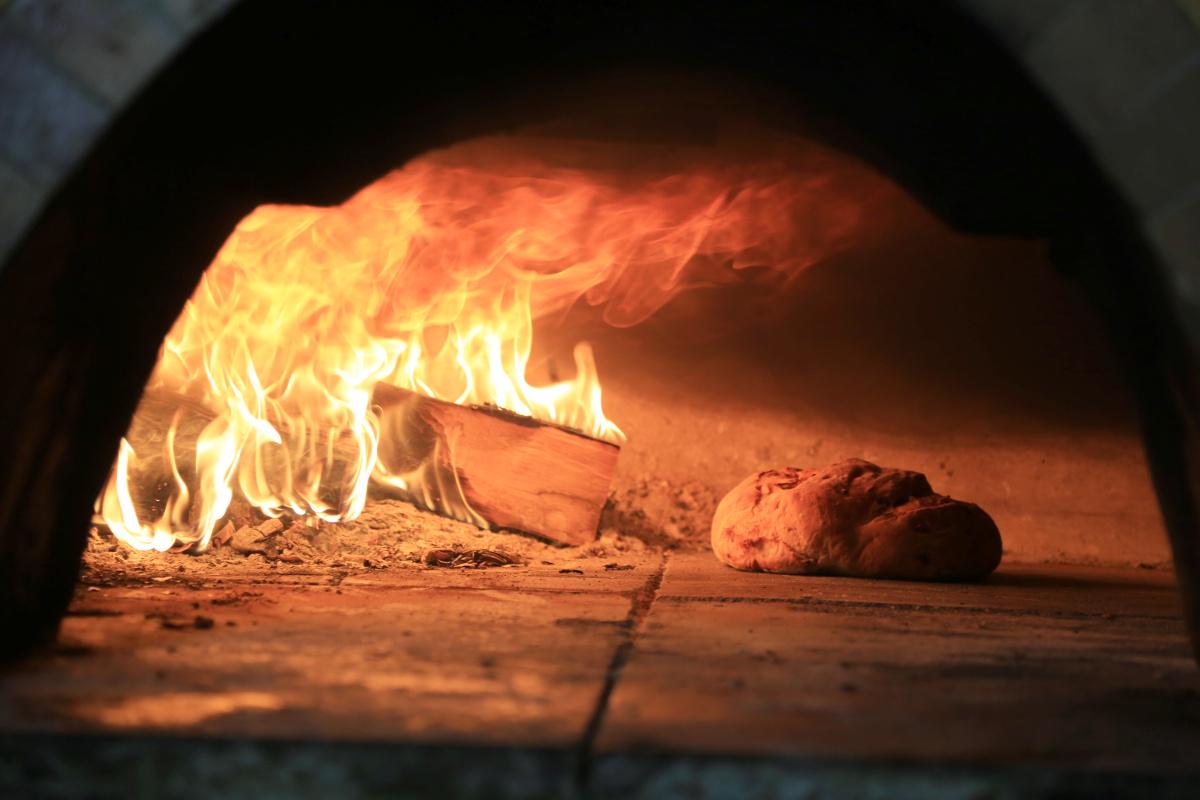


Many people spent day after day without electricity, used bread ovens for heating and cooking, and wooden pails that served all purposes; they established genuine social ties.
Electricity is the driving force of modern society
Electricity is present in our homes, at workplace and in public life. It produces lighting, enables communication, provides heating and charges electrical devices. Without this precious asset the world would stop operating at the present level of advancement. We experienced this in early February this year, when Slovenia was engulfed by the worst sleet to date. The sleet storm resulted in devastated woods, torn electric power transmission lines and fallen electricity pylons. Due to the long-lasting cut-off of power supply, the majority of households were left without lighting and heating, and were also unable to use other electrical devices, such as refrigerators, freezers, washing machines, TV sets, radios, household appliances and more.
Today, electricity is part of our everyday life, but a few decades ago life without this important source of energy was very normal. The 77-year-old Leopoldina Pogačnik from Bukov Vrh nad Visokim has experienced such life; she has lived on the farm at the Bošters since she was born. It was a great pleasure for her to have evoked the memories of her youth from 60 years ago, when houses were lit by lanterns or paraffin lamps.
A bread oven – the heart of country homes
A lantern was a simple lamp made of glass and tin, which was either carried or hung on the wall. However, those who had paraffin used paraffin lamps instead.
While nowadays mostly all rooms are heated by electrically powered heat pumps, in the past people would satisfy their needs with the warmth from a bread oven, which heated only one space similar to a living room – ‘a house’. Besides, bread ovens were used for cooking, baking bread and other bakery products, and drying fruits. According to Ms Pogačnik, their bread oven already had a chimney so smoke could pass through it; however, some of their neighbours were still using black ovens, which resulted in rooms full of smoke, since the smoke did not pass through a chimney. They lit a fire of ‘butarce’ or thin branches of various trees, and then put logs around casseroles.
Pleasant smell and warmth from a bread oven
Usually, the bread oven would smell pleasantly of potatoes, sauerkraut, milk, bread, and ‘potica’, which was prepared on festivals; in the biggest casserole, food for pigs was prepared. People were not choosy about wood – they would fire any wood they found in the forest. Nevertheless, they had to pay more attention when baking ‘potica’ and bread. Every housewife knew that the best wood for baking was beech, since – in contrast to pine, which is less efficient and burns down quickly – it burns longer and is more energy-saving. Soon, bread ovens were used merely for heating, and dishes were prepared on a cooker or ‘špurget’ as it was called by people from backwoods. This wood-burning device was at first a freestanding unit made of sheet metal, and had a metal hob. Later, it was displaced by a cast-iron, steel or stainless steel cooker, with the outside covered with ceramic tiles. Such cookers can still be found in some homes.
Wooden pail used as a kitchen sink and a bathing tub
After finishing their meals, the dirty dishes had to be washed, but nobody could imagine turning on a tap to have water, let alone hot water, running. Besides, many households had no stone sink. Women and girls washed the dishes in wooden pails into which they poured hot water that had been heated in a bread oven. The water they needed for scrubbing of casseroles and cooking, as well as for washing themselves, was carried to the house from the nearest spring. Since detergents were unfamiliar to them, they encountered quite big problems with removing stubborn stains, especially during the home slaughter of pigs, when a lot of dishes were fatty. The pail was used not only for cleaning kitchen utensils, but also as a bathing tub – people also washed themselves in it as far as they could. It was only later, in the 1960s, when people could afford a wood-fired oven linked to a water heater. The fire in the small oven heated the water in a boiler so that hot water was running into a bathing tub. However, this oven could not reach the capacity of a modern central heating system, as water was heated slowly, so nine members of the Pogačnik family spent the whole evening for washing themselves.
No washing machine and refrigerator
For women, also for Ms Pogačnik, a day for washing the clothes meant a very exhausting working day. They washed the clothes in hot water, with homemade soap, and rubbed them against ‘ribežen’, a washboard coated with zinc. For rinsing the clothes they had to walk to the nearest sink filled with water which especially in winter was so cold that the cold bit into their bones. Doing so, they wanted to economize with water, as carrying large quantities of water into the house was a difficult work. People living on farms simply did not have or could hardly afford a refrigerator or a freezer, even though ice cupboards were already present as early as after World War II. They had a drawer for storing pieces of ice which were brought every day by cart. Such a cooling appliance would come in handy for Ms Pogačnik to store at least pieces of meat left after the home slaughter of pigs. Instead, she would air-dry the meat.
Genuine human relations are a recipe for entertainment
People spent long winter evenings in gleams of light from paraffin lamps, which they placed onto the bottom of a pot turned upside down, so that it was bright enough for making laces, sewing and knitting. Since there was no radio or television, people had to amuse themselves in different ways. In winter evenings, the housewives from the nearest villages spent time together, joined by their love for manual skills. Laces, knitted scarves, hand gloves and socks made by skilful hands were an important source of income in those times. In summer, farmers from the countryside had plenty of work to do: haymaking, preparation of wood, work in the field and garden and more. They started early and finished as dusk fell. Being that exhausted they no longer felt any need for evening parties, so they rather went to sleep.
Simona Buh, translated by D. M.


































































